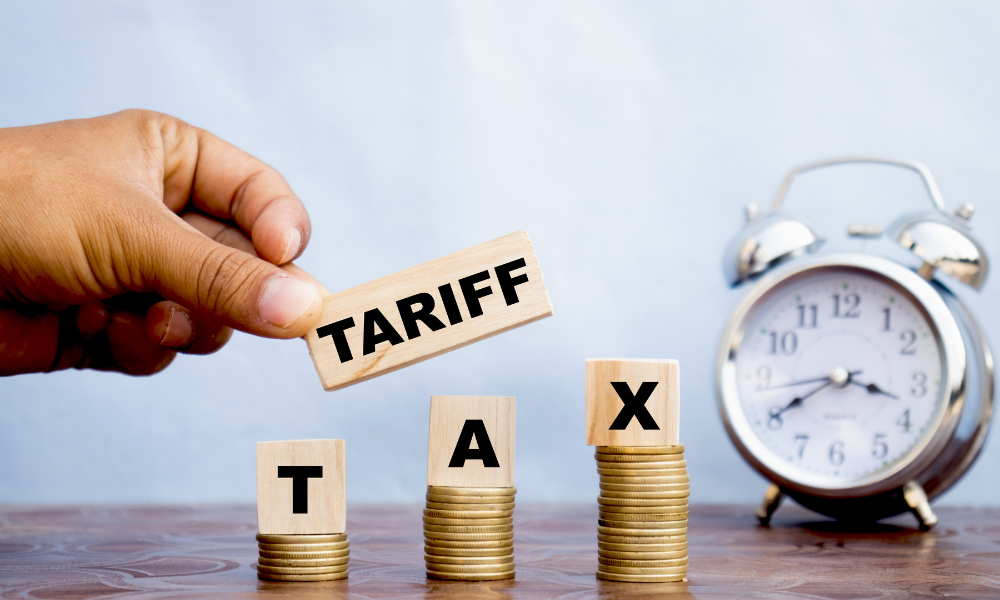Commercial leasing is one of the most popular ways to use the property of another for your benefit. It is convenient for small and medium-sized businesses, or for businesses that are looking for an office space, retail space, or for industrial purposes.
What is a lease on commercial property?
A lease on commercial property is a legally binding lease contract, where a property owner (the landlord, or lessor) leases their property to another person or entity (the tenant, or the lessee). Either party may be represented by their own property leasing lawyer, since it’s important that both parties know their rights and obligations in their lease contract.
The terms of the contract between the landlord/lessor and the tenant/lessee will depend on both parties. Once agreed upon, it must be complied with, or legal consequences may arise against any party.
Commercial lease vs. Residential lease
There are 3 differences between a leased commercial property and a residential lease:
- Use or Purpose: a residential lease has a specific purpose, and it cannot be used for a business or office. A commercial lease can be used for any legal purpose, as long as it is allowed by the contract.
- Duration: while both contracts may define the duration of the lease, a commercial lease’s duration is typically longer than a residential lease.
- Other payments: in a residential lease, tenants are usually not responsible for the payment of taxes, insurance, percentage sales, and other contractual fees. In a commercial lease, tenants may have to pay such fees depending on the lease contract.
Commercial rent vs. Commercial lease
To know more about the difference between a commercial rent and a commercial lease, watch this video:
For more information about whether leasing commercial property is the best option for your business, consult with a property leasing lawyer. If you plan to lease property in Calgary or Edmonton, contact any of the Lexpert-Ranked best property leasing lawyers in Alberta.
What should you consider when leasing commercial property in Canada?
Whether you’re a tenant or a landlord, it’s important to know the legal and practical considerations when signing a contract to lease commercial property.
Canadian laws on commercial lease
Consult with a property leasing lawyer to know more about the specific laws that may apply to your lease contract. It may include laws enacted by your province or your municipality.
Commercial tenancy laws
Most Canadian provinces have enacted their own law on commercial tenancies. Some examples of these laws are:
- Ontario: Commercial Tenancies Act
- British Columbia: Commercial Tenancy Act
- Yukon: Commercial Landlord and Tenant Act
In addition to these laws, the common law on contracts applies to commercial lease contracts. This holds true for all provinces, whether there are tenancy laws or not.
As for the province of Québec, its Civil Code will apply.
Learn more about lease contracts for rental property and the conditions that must be included to fully protect the rights of both landlords and tenants.
Zoning laws
If you’re a tenant/lessee who found a commercial property that you would like to lease, it’s important to check whether your business can operate there. Talk to the landlord/lessor or check with the municipality for the zoning laws in that area. In most municipalities, an occupancy certificate or license may be required.
Form of lease contract or agreement
There is no standard or fixed form of a lease contract. Every agreement will depend on the conditions (and concessions) of the parties in the contract or agreement.
Necessary provisions
A lease contract or agreement must contain the following:
- Rent: when and how must it be paid, including rent increases (when and how it is computed) and notice requirements
- Deposit amount: includes what happens to this amount upon termination of the contract
- Duration of contract or agreement: whether it’s a month-to-month contract or a fixed-term contract, which also affects the manner of rent or lease payments
- Repair and maintenance: what repairs/maintenance are charged to the tenant/lessee
- Renewal of contract or agreement: when can it be renewed and other conditions for renewal
- Termination of contract or agreement: what are the grounds for termination (e.g., specific acts of the landlord/lessor or tenant/lessee)
This is based on the principle that all parties must be informed of the terms of a contract, which is an indication that both parties entered into the contract in good faith.
Other terms and conditions that are agreed upon by both parties during the negotiations must also be included in the contract or agreement.
Other payments
In addition to the lease or rent base pay, a contract of lease commercial property must also indicate who shall be responsible for the following:
- Taxes
- Insurance
- Utility (e.g., heat, water, and electricity)
- Maintenance and repairs
Rent calculation
A lease or rent payment may be structured differently:
- Gross leases:
- Lessee pays a fixed monthly amount
- Lessor is responsible for taxes, insurance, utility, and maintenance/repairs
- Net leases:
- Lessee pays a fixed monthly amount, plus real estate taxes
- Lessor is responsible for insurance, utility, and maintenance/repairs
- Net-net leases:
- Lessee pays a fixed monthly amount, plus taxes and insurance
- Lessor is responsible for the utility and maintenance/repairs
- “Triple net” leases:
- Lessee pays a fixed monthly amount, plus all other costs
- Percentage leases:
- Lessee pays a fixed monthly amount, plus a percentage of their gross income
These are based on common practices. A lessee and lessor may do a “mixed” version of these lease or rental payments. It will also be based on the specific circumstances of the parties involved.
Breach of contract
Each contract or agreement of a lease on commercial property must include the actions that a landlord/lessor can do in case of breach of contract.
When a tenant/lessee violates any of their contractual obligations, the landlord/lessor is justified to act on their legal remedies as provided in their contract or agreement.
In addition, the provincial commercial tenancy laws may also apply. For example, under Ontario’s Commercial Tenancies Act, landlord/lessor may do any of the following (but not both) in case of late or unpaid payment of rent:
- Change the locks and end the tenancy on the 16th day after the day rent was due
- Seize and sell the property of the lessee/tenant to cover unpaid rent instead of evicting the lessee/tenant
How can I legally break a commercial lease in Canada?
The ways to legally break a contract of lease commercial property are in your lease contract or agreement.
Some of the grounds provided by law to legally break a commercial lease are:
- When agreed by both the lessee/tenant and the lessor/landlord
- Breach of contract either by the lessee/tenant or the lessor/landlord
In any case, the procedure provided by the law, or the contract, must be followed in breaking the contract. It may include providing the necessary notices and payment of the rent for the remaining period of the lease.
Read more: What are the rights of a commercial lease tenant?
Dig deeper into the laws governing commercial property leases by consulting with the best property leasing lawyers in Canada as ranked by Lexpert.





